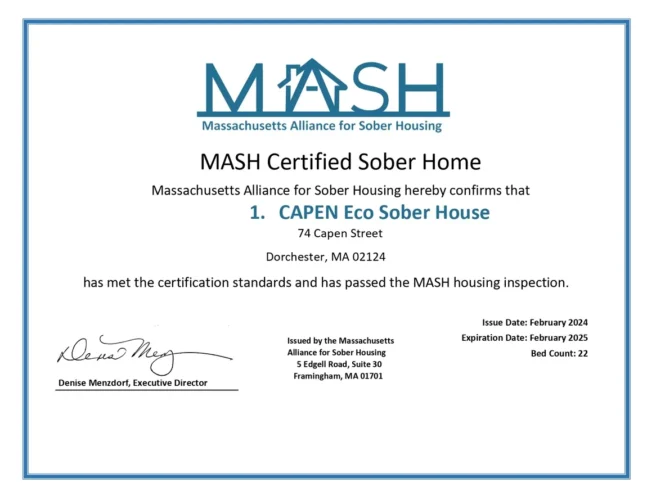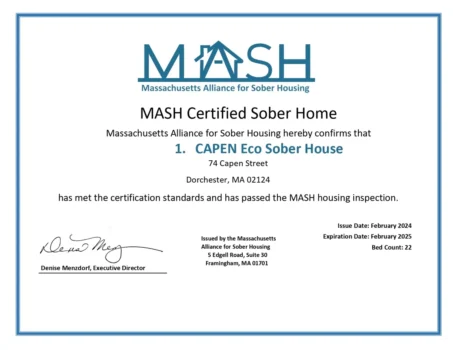
It’s true, addiction makes it impossible to resolve marital conflicts. But sobriety itself doesn’t solve them — it simply makes them solvable. Once addiction is overcome, a couple is faced with the legions of other Love Busters that were ignored in the shadow of addiction or were created by addiction. Alcohol always comes first, even when it is at the spouse’s expense.
The Purpose of an Intervention Letter

I want to start by expressing my deep love and concern for you. I understand that addiction is a complex and challenging struggle, and I want you to know that I am here for you every step of the way. I want you to understand the full extent of the impact that your addiction has had on our relationship and our family. It’s not just about the missed birthdays, the canceled plans, or the empty promises. It’s about the emotional distance that has grown between us, the constant fear of the unknown, and the deep sense of betrayal that I feel every time you choose alcohol over us.
Encouraging Treatment And Recovery
Before you began drinking and using, we were remarkably close. I didn’t seem to mind because it wasn’t causing me too much trouble, and we were having a good time together. You Alcohol Use Disorder became my best friend in many ways, but after years of drinking and using drugs, I don’t see you as the happy, fun guy you once were. You seem stressed, as if you’re worried about your health and the burden that comes with using, and I see the consequences of your addiction mount up every day. Every day, I’m afraid you’ll end up in the hospital, dead, or in the back of a cop car. I want to help you recover your health in every way I can, even if that means only getting by without alcohol or drugs.
#10. A Letter Wishing for a Positive Future of Healing
- Substance abuse makes people unpredictable, moody, even at times violent.
- To start, I’m very worried about your drug and alcohol use.
- After a week or so, your loved one can transition into ongoing treatment.
- Sometimes knowing what you are dealing with and what you can and cannot do to change it can help.
I want nothing more than to see you healthy, happy, and thriving. Your addiction has taken a toll on our family, but I believe in your strength and resilience to overcome it. I’m here to support you every step of the way, whether that means accompanying you to therapy sessions, researching treatment options, or simply lending an empathetic ear. I hope this letter finds you well, despite the challenges you may be facing. I want you to know that my love for you is unconditional and unwavering, no matter what struggles you may be going through.
#2. A Letter Setting Boundaries
If you’re a parent or guardian penning down the “letter to my alcoholic daughter”, it might be effective to encourage quitting through measurable actions. This approach might involve withdrawing certain facilities like paying their cell phone bill or offering them a place to stay. These tough-love measures might be challenging to articulate, but bear in mind that they serve a higher purpose – your child’s sobriety. Kicking off your “letter to my alcoholic daughter” with a thank you note can set a tone of understanding emotions, not confrontation. This step demonstrates the premium you place on their attention and your earnest desire to initiate quiet, thoughtful communication.
#10. Don’t Lose Hope or Give Up

It’s a good reminder to hear and feel especially with Bareilles’ powerful vocals carrying it across an empowering and raw chorus. Don’t cover up or abort the consequences of my drinking. I love you, and I believe in your ability to conquer this battle.
For this reason, I have made the difficult a letter to an alcoholic decision to insert decision, e.g., end our marriage, take a break from our relationship, etc.. However, I cannot stand by and watch as your addiction continues to harm you. I believe that it is important for you to seek help and support to overcome this challenge. Your loved one can benefit from a supervised medical detox program intended to reduce the intensity of withdrawal symptoms and cravings during detoxification. After a week or so, your loved one can transition into ongoing treatment.

Talking About Addiction With Your Child
- Clearly outline what behaviors are unacceptable to you and the consequences of crossing those boundaries.
- Reach out to a therapist, counselor, or support group that specializes in addiction recovery.
- It’s about unearthing those bottled-up feelings and giving voice to your innermost thoughts.
- I understand that the journey to sobriety is not an easy one, but I believe in your strength and resilience.
- It is normal for someone with an addiction to feel ashamed of themselves and become defensive when confronted about their substance misuse.
- But I occasionally kid myself that we could get on great again.
Don’t lie for me, pay my bills, or meet my obligations. It may avert or reduce the very crisis that would prompt me to seek help. I can continue to deny that I have a drinking problem as long as you provide an automatic escape for the consequences of my drinking.

You must have consequences prepared if they do not accept help. The next step in writing an intervention letter is giving specific examples of how your loved one’s substance abuse has negatively affected you. Encourage your son to seek professional help and support for his addiction. Let him know that there is no shame in asking for help and that seeking treatment is a courageous step towards recovery. Offer to help him research treatment options, accompany him to therapy sessions, or provide other forms of support as needed.
